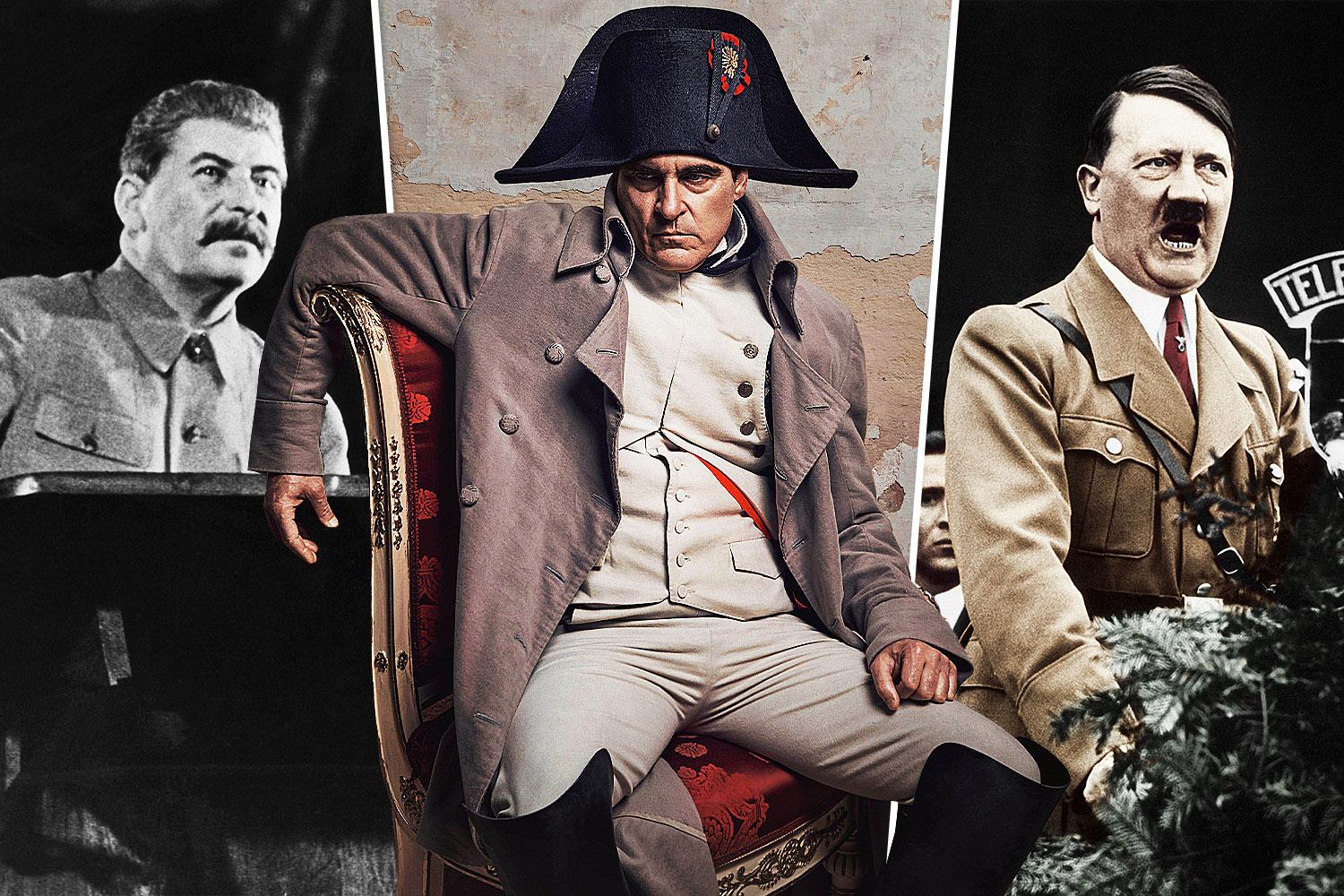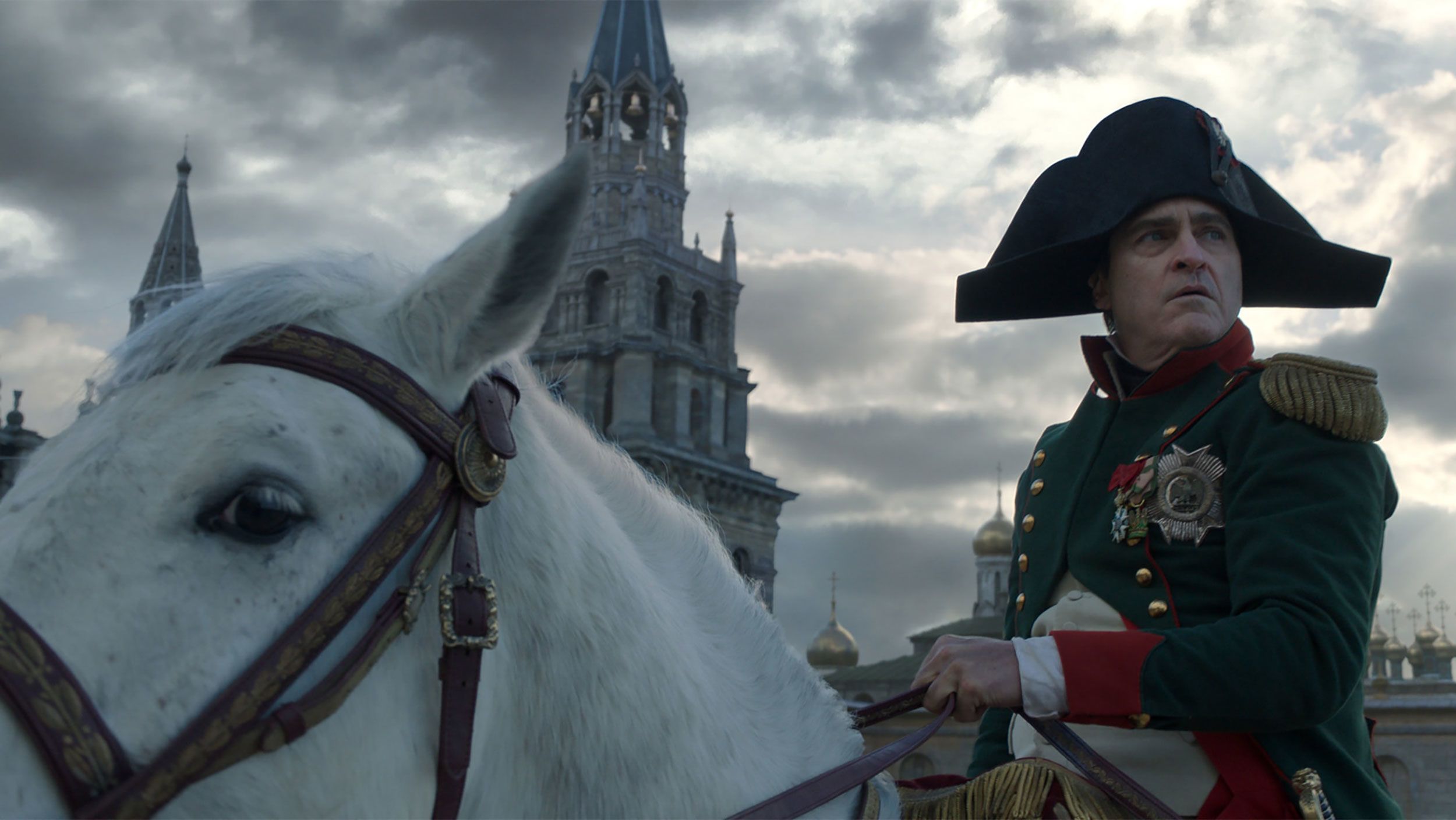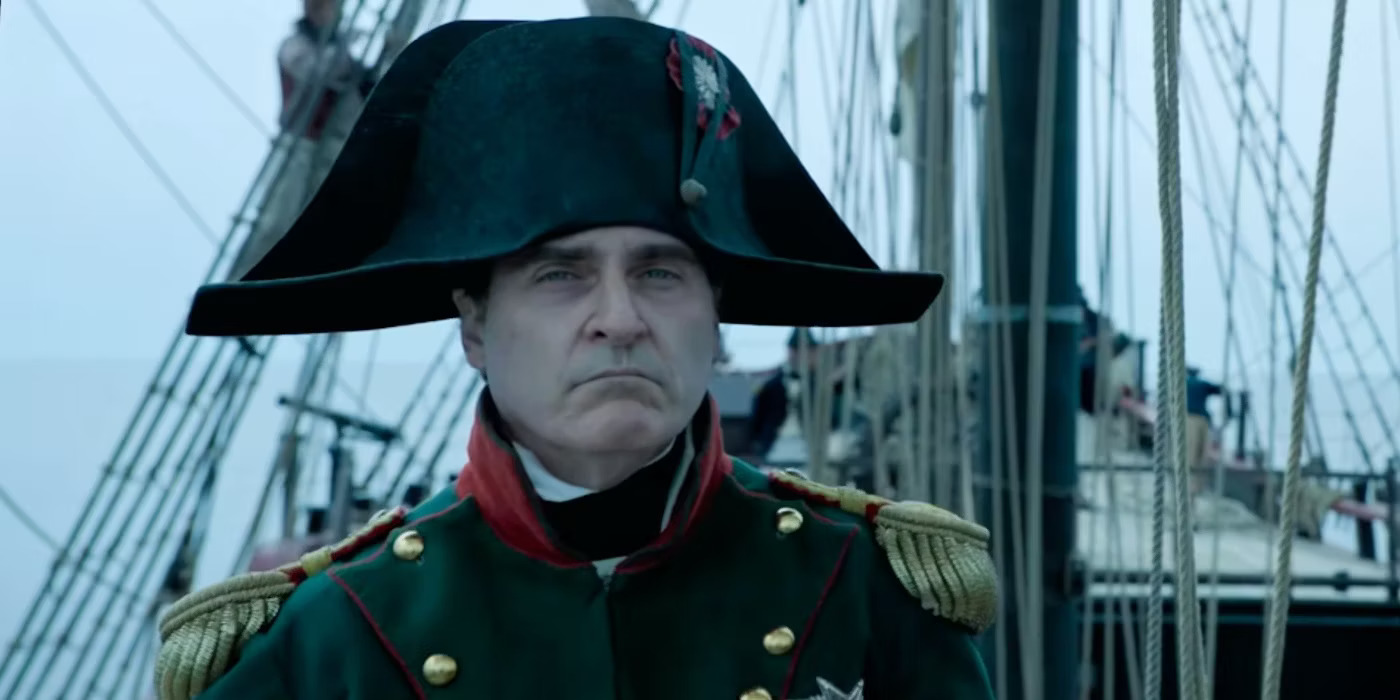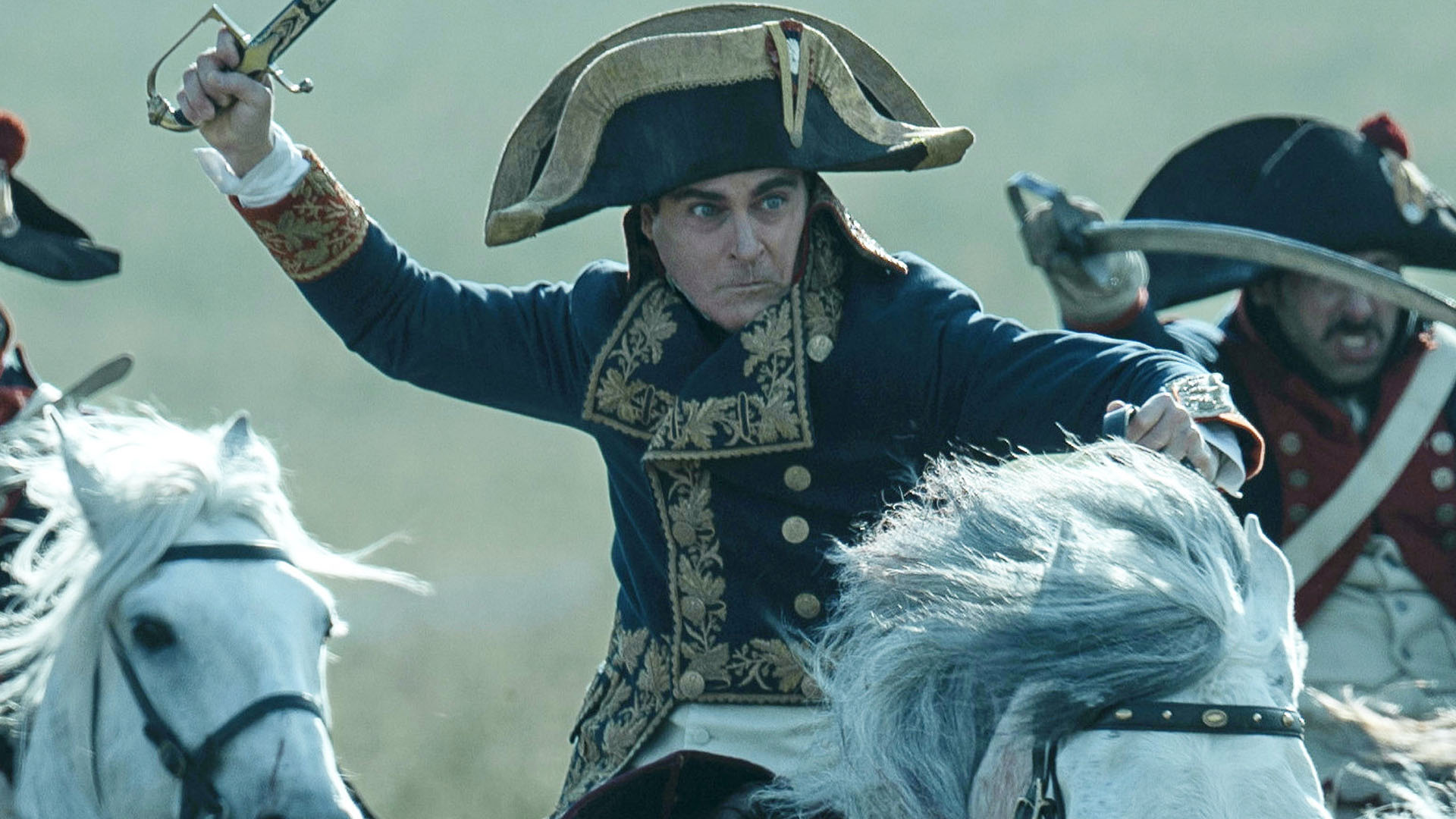Ridley Scott's Napoleon: Was the French Leader Really a Monster?
Ahead of his new epic starring Joaquin Phoenix as Napoleon, Scott has caused outrage with comments comparing his protagonist to Hitler and Stalin. What's the truth, we ask?
Napoleon promises to be an epic narrative of the rise of the emperor played by Joaquin Phoenix, focusing on his volatile relationship with his first wife Joséphine (Vanessa Kirby).
While we're still months away from seeing the final result, a serious debate has begun to swirl around the biopic thanks to comments Scott made in an interview with the film magazine Empire. "I compare [Napoleon] to Alexander the Great, Adolf Hitler and Stalin. He has so much evil," he said, explaining his view of the character.
"Hitler and Stalin built nothing and only created destruction," Pierre Branda, academic director of the Fondation Napoléon, said in a statement. "Napoleon, on the other hand, built things that are still standing today." Thierry Lentz of the Fondation Napoléon said in the same article: "Napoleon destroyed neither France nor Europe. His legacy was later celebrated, embraced and expanded." So what is the truth and does Scott have a leg to stand on? 
A brilliant military commander, Napoleon seized power in 1799 at a time of political instability in France following the French Revolution. His admirers say he made France a more meritocratic country than it had been under the pre-revolutionary ancien régime. He centralized the government, reorganized banking, overhauled education and introduced the Napoleonic code, which transformed the legal system and became a model for many other countries.
If I were to compare Napoleon to someone, then I would go to Louis XIV, an absolute monarch who fought unnecessary wars in history.
But he also waged a series of bloody wars in Europe and, at his most powerful, built an empire stretching from the Iberian Peninsula to Moscow. By 1812, the only parts of Europe that had escaped his control, either directly or through puppet rule or alliance, were Britain, Portugal, Sweden and the Ottoman Empire. He was finally defeated at the Battle of Waterloo in 1815 by an alliance of nations led by Britain.
Napoleon and the Napoleonic Wars loomed large in the minds of the British public of the time and beyond. Cartoonists were obsessed with him. He appears in the background of Jane Austen's novels. Pride and Prejudice, published in 1813, for example, features the militia that will repel Napoleon's expected invasion. Charlotte Brontë had a piece of Napoleon's original coffin, given to her by her teacher in Brussels. Arthur Conan Doyle's great detective Sherlock Holmes called the villain Professor Moriarty "the Napoleon of crime". In George Orwell's Animal Farm, published in 1945, the dictator pig is named Napoleon. But is it really fair to call Napoleon a dictator - and to equate him with other notorious dictators?
Different views about him
Philip Dwyer, professor of history at Newcastle University in Australia and author of a three-volume biography of Napoleon, disagrees. "Whether Napoleon was a tyrant is debatable - I would call him a tyrant - but he was certainly not like Hitler or Stalin, two authoritarian dictators who brutally repressed their own people and caused the deaths of millions."
Some even claimed that the Empire was a 'police state' because it had a complex system of secret informers who monitored public opinion." "But very few people - a few aristocrats who were more or less involved in plots to overthrow the regime, a few journalists - were executed by Napoleon for dissent. If I were to compare Napoleon with someone, I would go back in history to Louis XIV, an absolute monarch who waged unnecessary wars that cost thousands of lives.
"Napoleon also waged wars - again, whether they were necessary or not is debatable - that cost millions of lives, but we don't know how many civilians died directly or indirectly as a result of them.
"French journalist Anne-Elisabeth Moutet agrees that Napoleon cannot be compared to Hitler or Stalin. "[Napoleon] had no concentration camps," she said. "He did not single out minorities for slaughter. Yes, there were interventionist political police, but ordinary people could live as they wanted and say what they wanted."
Thanks for reading.


















































